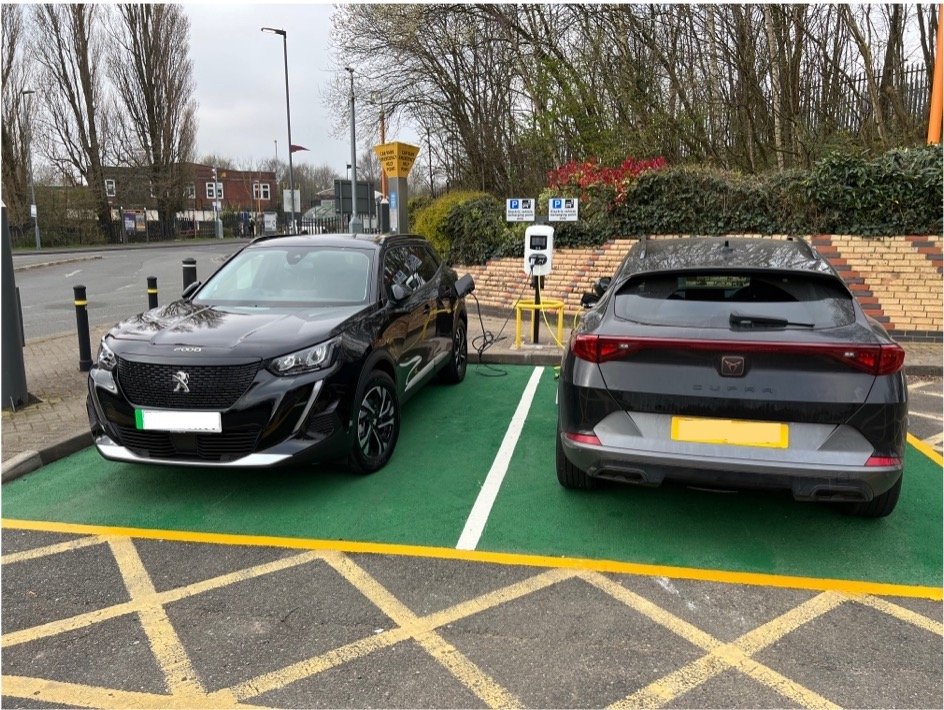Case Study
Enhancing user access to real-time regional air quality and traffic data
Customer:
Urban Observatory Network
Country:
UK
UDC Solution:
Urban Data Exchange (UDX) real-time data sharing platform
With up-to-date urban data becoming increasingly important for city planners, leaders and decision makers, the Urban Observatory Network was tasked with providing the UK’s Department for Transport (DfT) with an easy to use and harmonised real-time air quality and traffic dashboard using data from three of their portals covering the cities of Newcastle, Manchester and Birmingham.
The Challenge
Deployment of our Urban Data Exchange (UDX) platform enabled multiple real-time data streams to be quickly onboarded from various Urban Observatory data portals, irrespective of the differing APIs, data models and meta-data descriptions in use by each. UDX harmonised these data streams using industry-standard models and served the data via a common API for a scalable long-term solution.
The Solution
Benefits
In addition to quickly providing the DfT with the real-time data dashboard they need, by deploying UDX, the Urban Observatory Network achieved a significant reduction in development time required, from a typical 12+ weeks down to 4 weeks. UDX delivered the required data and API harmonisation, removing the need to refactor multiple existing Urban Observatory data portals.
Based at research centres at leading universities in Newcastle, Manchester, and Birmingham, the Urban Observatory Network was established by expert data monitoring teams to develop real-time data portals that provide coherent views across a wide range of urban information. Utilising the largest urban sensor deployment in the UK and the largest set of open environmental monitoring data in the world, the Urban Observatories are collecting vast amounts of data from diverse sources including traffic flows, air pollution, flooding, and even the behaviour of bee colonies. Such data has become a vital component in ensuring that, as urban areas continue to develop, the best decisions are made for a city’s citizens and their environment.
As concerns about the environmental impact of urban development continue to increase, to enable them to improve policy guidance and future planning decisions the Department for Transport (DfT) wanted to better understand the relationship between traffic patterns and air quality. However, the data required by the DfT has previously been collected, processed, and shared on an annual basis and was often not available for analysis for 18 months or more. This had a significant knock-on effect on central and local government decision making as this historic data would already be out of date.
“Working with UDX enabled us to fast-track data onboarding and harmonisation activities to rapidly prototype solutions and demonstrate the benefits of sensor integration for applications such as dashboards and scenario testing”
Professor Phil James / Director Newcastle Urban Observatory
With ever-increasing volumes and sophistication of IoT sensors and infrastructure creating massive increases in both the volume and types of data in urban environments, the Urban Observatories were tasked with providing the DfT with traffic and air quality data that is coherent, easily accessible and that provides a real-time view of what is happening across a wider UK region. A major challenge faced was the lack of consistency across the range of data infrastructure providers, with sensor-based solutions varying in their type, deployment density and accuracy. This inconsistency was magnified when the varying data formats, APIs and meta data descriptions implemented by the three Urban Observatory portals were also factored in.
To enable the Urban Observatories to provide the DfT with a new, accessible, and real-time data dashboard providing insights from multiple cities and regions, Urban Data Collective (UDC) was approached to help. We were quickly able to onboard multiple data streams from different Urban Observatory systems that the Network operated onto our core UDX platform where all data formats, meta-data descriptions and APIs were harmonised using common, industry-standard models.
For the Urban Observatory Network, deployment of UDX has resulted in:
Fast development and deployment of an easy to access real-time data dashboard for DfT
Simple integration, removing the need for the Urban Observatories to refactor their own real-time data portals
A significant reduction in development time - down from a typical 12+ weeks to 4 weeks
A scalable, long-term multiple data stream solution adaptable to ongoing DfT requirements
Explore further case studies
Promoting EV adoption through improved charge point user experiences
Transport for West Midlands
Enhanced operational and planning capability through harmonised urban data streams
Local Authority




